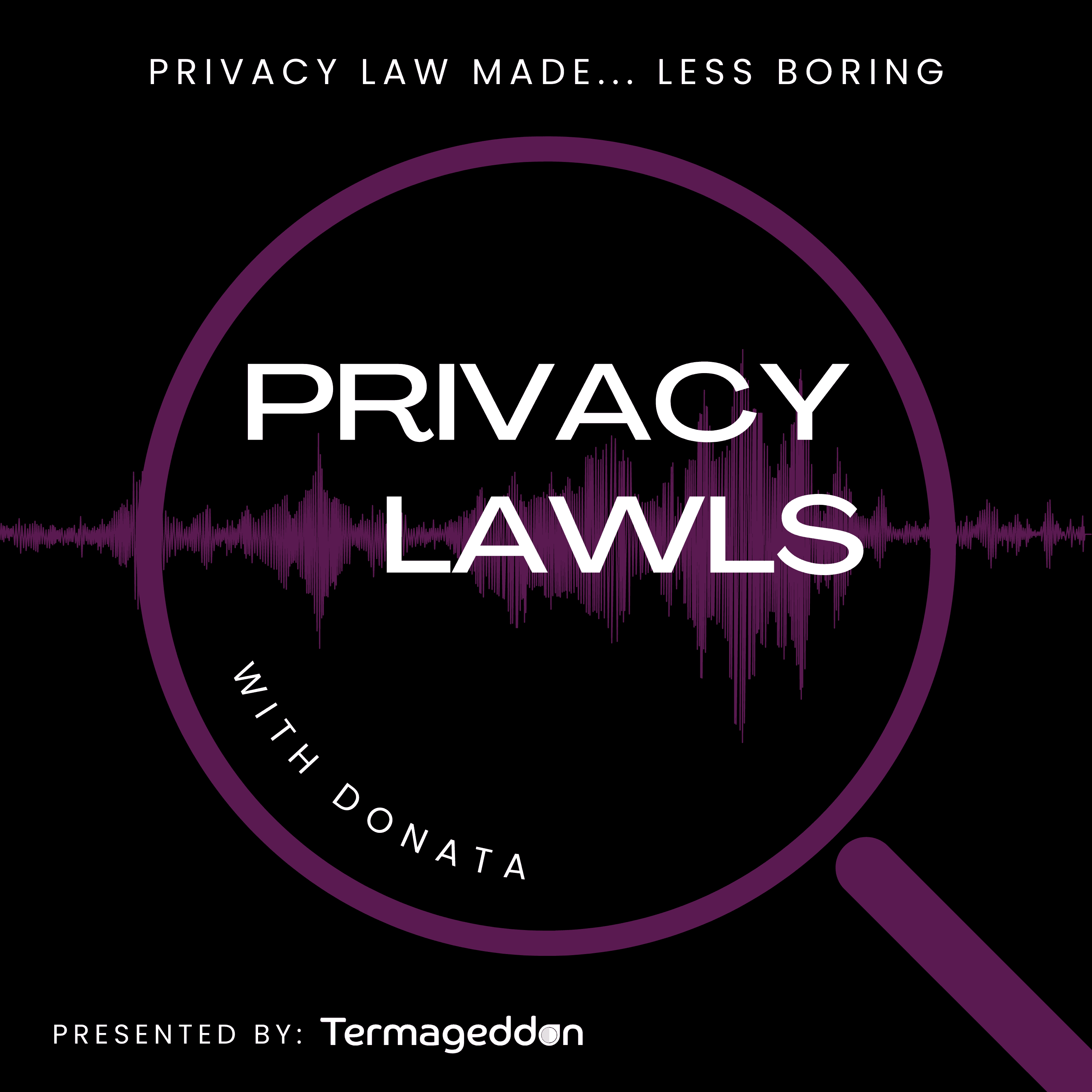Privacy Lawls with Donata
Ep. 4 | The History of Privacy — Part 3 (Guest: Debbie Reynolds)

Search the Site
Popular Articles
Browse by Category
Subscribe for Updates
Privacy Lawls with Donata
